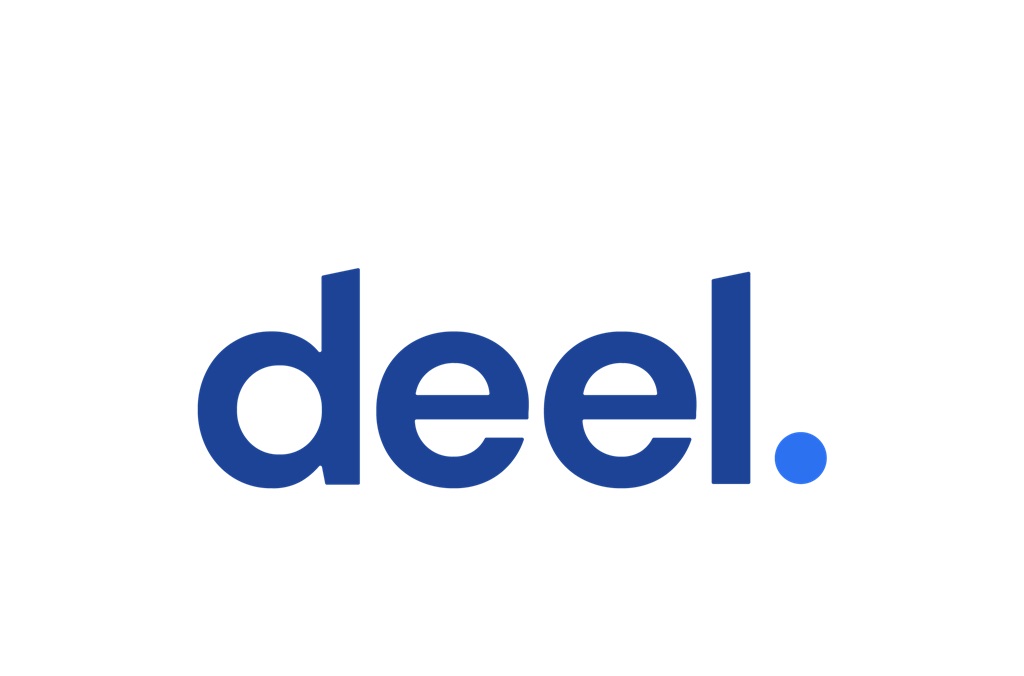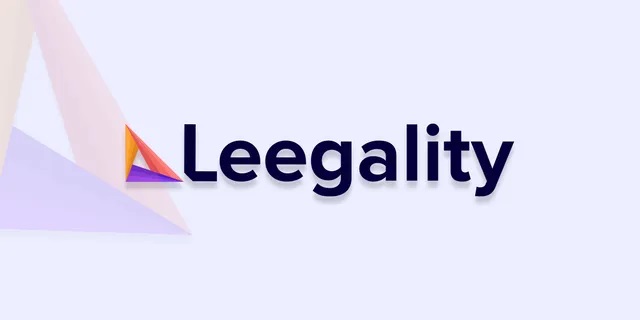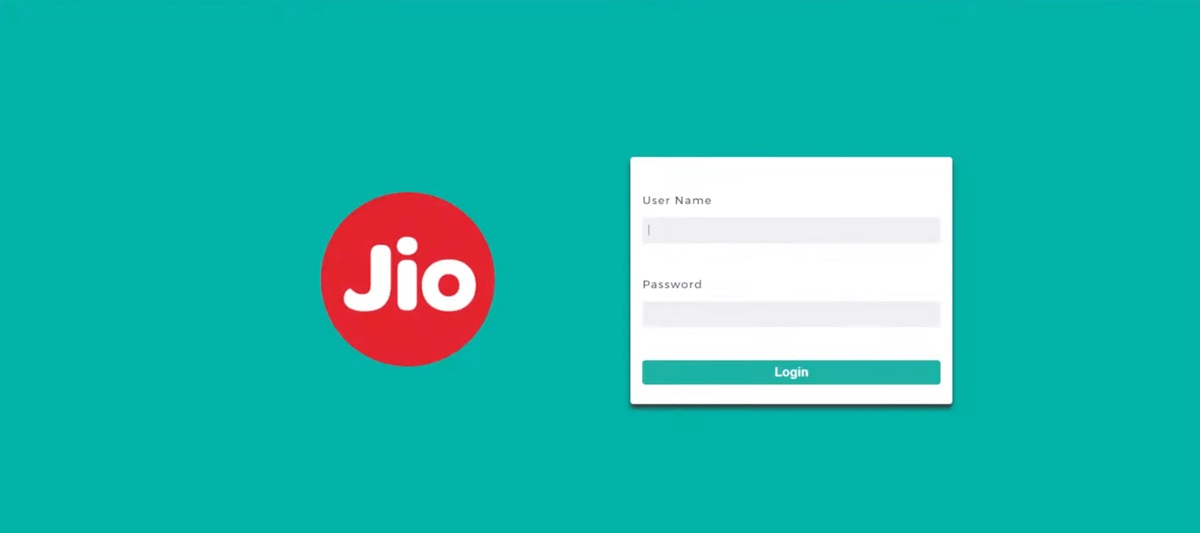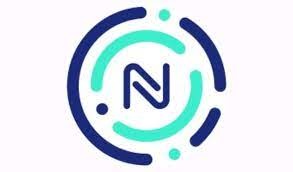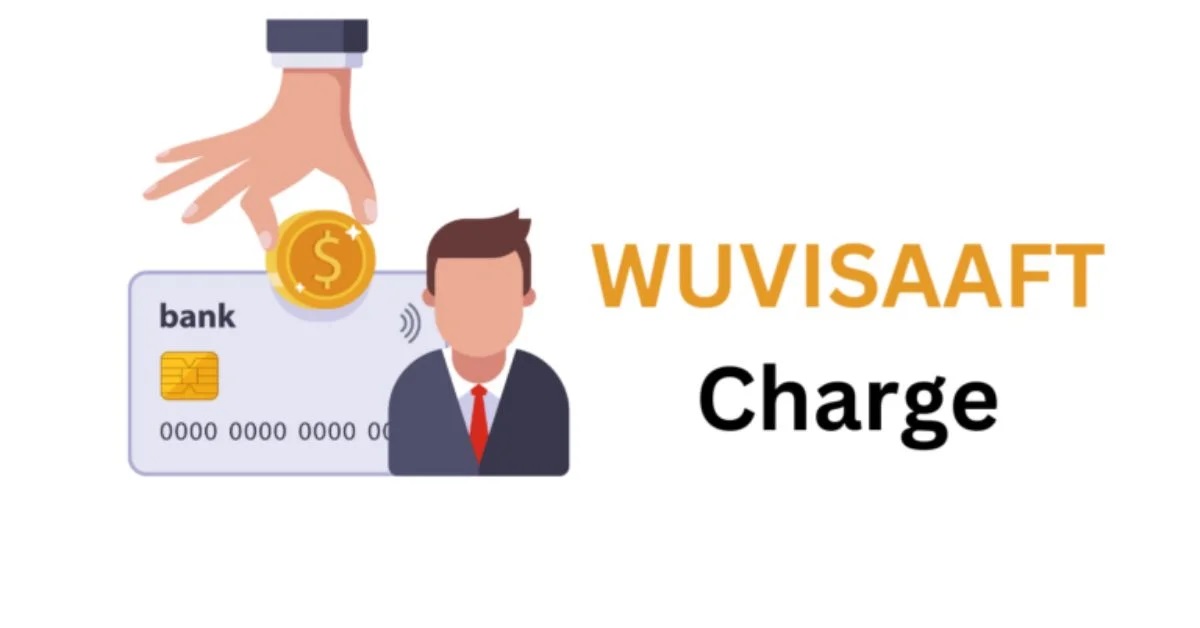
In today’s digital age, managing finances and understanding bank statements has become more crucial than ever. Occasionally, individuals may come across unfamiliar charges or codes on their bank statements, which can cause concern and confusion. One such mysterious entry is “WUVISAAFT.” If you’ve seen this charge and are wondering what it is, you’re not alone. This article will explore the meaning of the WUVISAAFT charge, its possible origins, and what steps you should take if you encounter it on your bank statement.
Table of Contents
Understanding the WUVISAAFT Charge
What Does WUVISAAFT Stand For?
WUVISAAFT is a code that may appear on your bank or credit card statement, and it is often associated with a specific type of transaction. To break it down:
- WU: Stands for Western Union, a well-known financial services and communications company.
- VISA: Represents the Visa payment network, one of the most commonly used credit and debit card processing networks globally.
- AFT: Abbreviation for “Account Funding Transaction,” which refers to a transaction where funds are transferred from your account to another, typically to fund a service or another account.
Why Does This Charge Appear?
The WUVISAAFT charge usually indicates a transaction processed by Western Union through the Visa network. This charge often appears when you use a Visa card to send money via Western Union, either online, in-app, or at a physical location. These transactions might be for sending money to family members, paying bills, or funding other types of services facilitated by Western Union.
Common Reasons for the Charge
- Money Transfers: The most common reason for the WUVISAAFT charge is sending money through Western Union using a Visa card.
- Bill Payments: If you used Western Union to pay a bill and used your Visa card for the transaction, this charge would reflect that.
- Online Purchases: In rare cases, certain online purchases facilitated through Western Union and paid for with a Visa card may also result in this charge.
- Subscription Services: Some services might use Western Union as an intermediary for subscription payments, leading to the WUVISAAFT code appearing on your statement.
Is the WUVISAAFT Charge Legitimate?
Identifying Legitimate Transactions
Before panicking about a WUVISAAFT charge, it’s essential to assess whether it is legitimate. Ask yourself the following questions:
- Did I recently send money via Western Union?
- Have I used my Visa card for any online transactions involving Western Union?
- Did I authorize any bill payments or subscription services through Western Union?
If the answer to any of these questions is “yes,” then the charge is likely legitimate. You can verify this by checking your transaction history in your Western Union account or by contacting their customer service.
Potential for Fraudulent Activity
However, if you do not recognize the WUVISAAFT charge, it could indicate unauthorized activity on your account. In this case, it’s important to take immediate action to protect your finances.
- Review All Recent Transactions: Check your recent bank and credit card statements for other unfamiliar charges.
- Contact Your Bank or Credit Card Provider: Report the suspicious charge and inquire about the details of the transaction.
- Freeze Your Account: If fraud is suspected, request a temporary hold or freeze on your account to prevent further unauthorized transactions.
- Monitor Your Account: Regularly monitor your account for any additional suspicious activity.
- File a Dispute: If the charge is confirmed to be fraudulent, file a dispute with your bank or credit card provider to reverse the charge.
How to Avoid Unrecognized Charges
Best Practices for Financial Security
To minimize the risk of encountering unfamiliar charges like WUVISAAFT, consider the following best practices:
- Regularly Monitor Your Accounts: Make a habit of reviewing your bank and credit card statements frequently. This practice will help you quickly identify any unusual or unauthorized transactions.
- Set Up Alerts: Many banks and credit card providers offer alerts for transactions over a certain amount or for foreign charges. These alerts can notify you immediately if something seems off.
- Use Secure Payment Methods: Whenever possible, use secure and trusted payment methods. Avoid using public or unsecured Wi-Fi networks when making financial transactions.
- Be Cautious with Sharing Information: Protect your credit card and bank account information. Only share it on trusted and secure websites.
- Update Passwords Regularly: Change your online banking and payment service passwords periodically and use strong, unique passwords for each account.
Dealing with Subscription Services
Subscription services are a common source of unexpected charges. To avoid this:
- Keep Track of All Subscriptions: Maintain a list of all your active subscriptions and their billing cycles. This will help you remember what services you’re paying for and when.
- Review Service Agreements: Before signing up for a service, review the payment terms to ensure there are no hidden fees.
- Cancel Unused Services: Regularly review and cancel any subscriptions you no longer use.
What to Do If You Don’t Recognize the WUVISAAFT Charge
Steps to Take Immediately
If you see a WUVISAAFT charge on your bank statement that you don’t recognize, follow these steps:
- Verify the Transaction: Log into your Western Union account (if you have one) to check for any matching transactions. This step can help you determine if the charge is linked to a recent activity.
- Contact Western Union: If you can’t find a matching transaction, contact Western Union’s customer service for more information about the charge. They may be able to provide details like the transaction’s origin and recipient.
- Report to Your Bank: Inform your bank or credit card issuer about the unrecognized charge. They can help investigate the matter and, if necessary, reverse the charge.
- File a Police Report: In cases of confirmed fraud, filing a police report can be an essential step, especially if large sums of money are involved.
Protecting Your Finances in the Future
Once you’ve addressed the unrecognized WUVISAAFT charge, it’s vital to take steps to protect your finances going forward:
- Monitor Your Credit Report: Regularly check your credit report for any new accounts or inquiries that you don’t recognize.
- Use Identity Theft Protection Services: Consider enrolling in an identity theft protection service that monitors your credit and provides alerts for suspicious activity.
- Educate Yourself: Stay informed about common fraud schemes and how to avoid them. Being aware of the latest scams can help you recognize suspicious activity before it impacts your finances.
Understanding the Role of Western Union
Western Union’s Services and Offerings
Western Union is one of the largest and most recognized financial service companies globally. It provides various services, including:
- Money Transfers: Western Union allows customers to send money domestically and internationally, either online, via the app, or at physical locations.
- Bill Payments: Through Western Union, customers can pay bills for utilities, mortgages, and more.
- Prepaid Cards: Western Union offers prepaid cards that can be used for purchases or to send money.
- Money Orders: Customers can purchase money orders for secure payments.
How Western Union Processes Payments
When you use a Visa card with Western Union, the transaction is processed through the Visa network. This process typically results in the WUVISAAFT charge on your statement. Western Union acts as an intermediary, facilitating the transaction between your Visa card and the recipient or service provider.
Importance of Secure Transactions
Western Union emphasizes the importance of secure transactions and offers various tools and resources to help customers protect their information. These include:
- Fraud Prevention Tips: Western Union provides resources to help customers identify and avoid scams.
- Transaction Tracking: Customers can track their transactions in real time, ensuring that their money reaches the intended recipient.
- Customer Support: Western Union offers customer support to assist with any issues or questions related to transactions.
Conclusion: Handling WUVISAAFT Charges with Confidence
Encountering an unfamiliar charge like WUVISAAFT on your bank statement can be unsettling. However, understanding what this charge represents, its origins, and the steps to take if you don’t recognize it can help you manage your finances confidently. Whether it’s a legitimate charge from a recent transaction or a sign of unauthorized activity, being proactive and informed is key to protecting your financial health.
By staying vigilant, regularly monitoring your accounts, and following best practices for online security, you can minimize the risk of unexpected charges and handle any that do arise with ease. Remember, your bank and payment service providers are there to assist you, so don’t hesitate to reach out if you have any concerns about charges on your statement.
